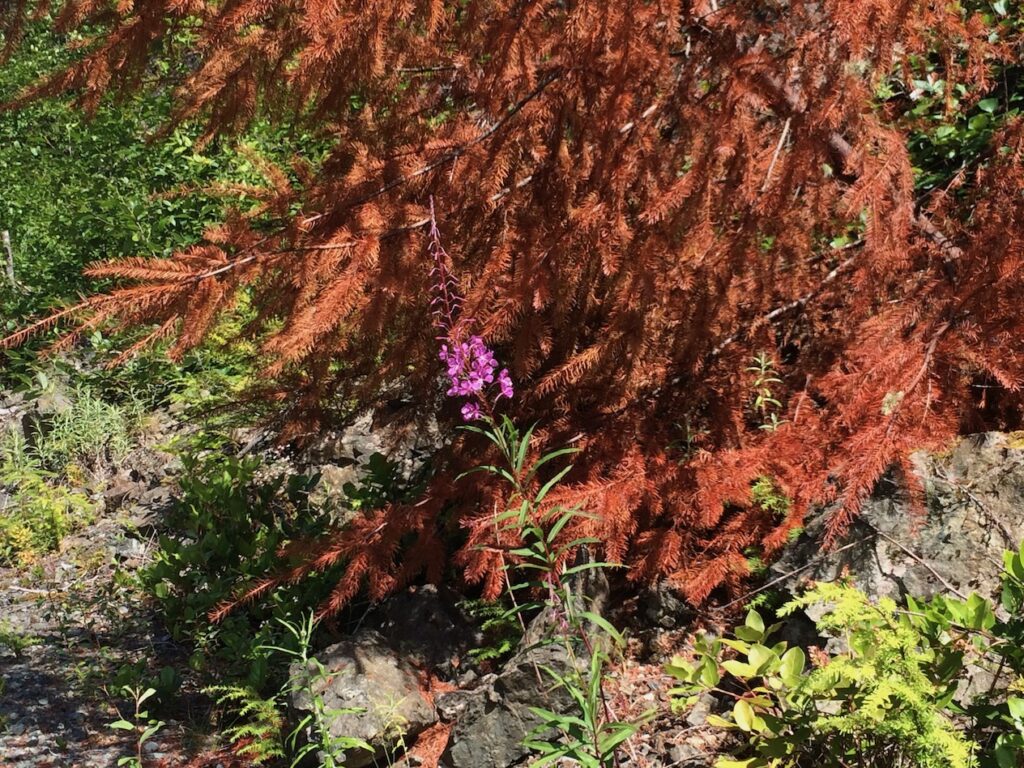It’s been such a long time since I’ve written here. I get notices that new people have signed up to read the blog, and I feel both happy about that and sad that I am about to disappoint you with my silence!
So… to begin again.
I’ve been thinking about how quickly a human being gets used to the most awful, unimaginable things. My Ukrainian friend Andriy lives in Kharkiv, Ukraine. This formerly lovely city has been under attack by Putin’s troops for weeks. Yet every day Andriy posts several times on Facebook, reporting not only about the horrors that Russian bombs, guns, and human cruelty are inflicting on his country and his own neighborhood, but also about his daily activities: his search for a safer place for his family to stay, the lines he waited in to buy food, his amusement when a Russian soldier tried to break into a building and couldn’t get the door open. He’s living in a war zone… and he’s living. He strikes up conversations, he gets frustrated, he gets angry, he delights at the clumsy failure of the enemy to cause yet more damage.
Also, I think back to the five days in August 2020, between the Friday morning my husband Andy and I learned that he had little time left to live and the Wednesday night when he died . At first we lay on the hospital bed, holding each other, and I felt myself sinking down, down, down into the most terrible pit of darkness and despair I have ever experienced. And yet, over the next few days, we lived with this awful sentence. He drew me a picture of how to turn on the furnace when it got cold. One evening I texted him a photo of the beautiful carrots I’d picked for dinner from his garden. Once he got settled at the hospice facility, where he would spend the last two days of his life, all our attentions were directed toward his dying, yet even then, I did crossword puzzles as I sat by his bed.
We’ve been discussing this question on the online community hub of my organization, Radical Joy for Hard Times. RadJoy members go to wounded places, like a stone quarry or a clearcut forest, to share stories and make a gift of beauty for the place. After the first shock, the place just kind of settles. Its reality makes itself known, the details start to emerge. One member, Julie Johnson wrote, “I find that an ongoing relationship with sorrow that has its own multi-dimensional flow. Like a musical composition. Sometimes it’s very piercing, other times more melancholic. Sometimes it is dampened down, more below the surface. Sometimes it’s tiredness or over-saturation or a resolve to not feel. I can experience pleasure in/of the place at the same time, too, layered in. I guess it’s not really a single tone, in my experience. It’s a mix.”
I think we go through this orchestral medley in our lives all the time. It’s a way of surviving. The psyche responds to emergency because it has to, and then some part of us insists on creating some kind of normalcy. This is no doubt one reason the human psyche has such trouble accepting the reality of climate change. You can’t see it, point to it, hear it—so you forget about it and “go back to normal.”
Viktor Frankl, the Austrian doctor who survived captivity in Auschwitz and the murder of his wife, mother, and brother by the Nazis, tells the story of a man who rushed into the barracks one afternoon and urged the other prisoners to come outside quickly and see the beautiful sunset. “As the inner life of the prisoner tended to become more intense, he also experienced the beauty of art and nature as never before,” Frankl wrote.
The human spirit wants to live! And will find a way to do so as long and stubbornly as possible.
(Photo above: Fireweed growing in front of a dead spruce tree, Vancouver Island, BC, Canada. Photo by Trebbe Johnson)

Yes, life wants to persist. Your story reminds me of my surprise, when I saw my mother’s abdomen healing after surgery even though she was terminally ill from very advanced ovarian cancer. Then, I couldn’t understand how she could be healing and dying at the same time. Evidently as long as there is any life at all, life persists, and healing is part of that. It’s why, in spite of the odds, I feel one should never give up.